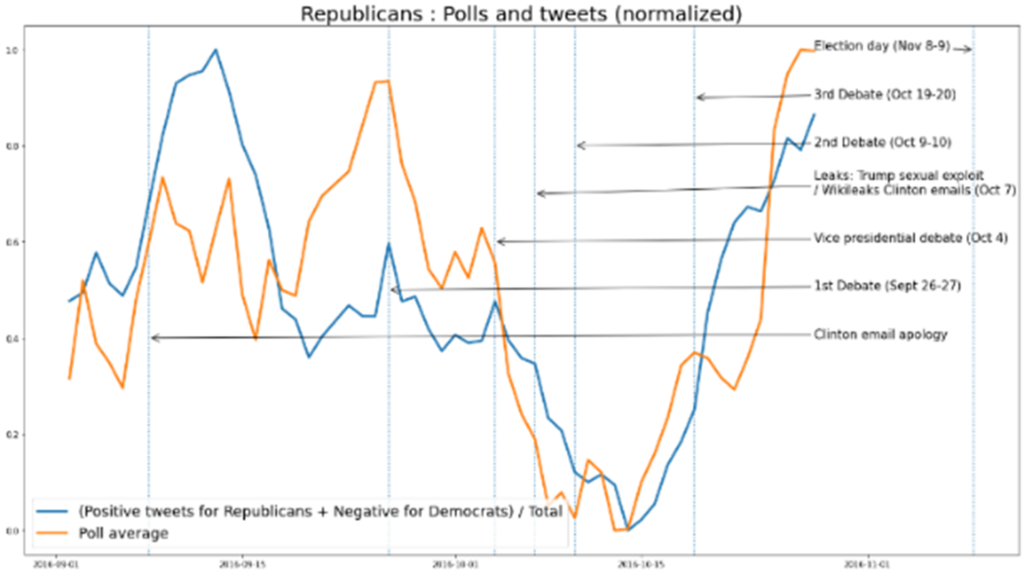Abstract
The aim of this lecture is to a) define Computational Politics as a discipline lying at the intersection of Political science and Computer science and b) present the use of AI and IT tools in political data analysis.
Politics (in Greek: ‘Πολιτική’, ‘city-state affairs’) refers to activities associated with decision-making in social groups (including states), or other forms of power relations among individuals and/or social strata. It is essentially the art or science of government. Therefore, politics require both the analysis of political, social and financial data, decision making and decision execution/monitoring. As all these political activities concern both information analysis and control of societal processes, they can be greatly assisted by Information Technologies (IT), notably Data Analytics, Artificial Intelligence and Systems Theory (Cybernetics). Computational Politics refers exactly to the use of AI and IT in politics and Political Science.
Computational Politics has various subtopics, e.g.,:
- Political system modeling and design
- Community and citizen modeling
- Information flow
- Political discourse analysis
- Election campaigns
- Political history
- Politics and Economics.
Computational Politics employs several AI and IT tools, e.g.,
- Natural language Processing
- Text sentiment analysis
- Time series prediction.
- Political network data analysis.

Figure: Poll and tweet sentiment trends for Republicans in the 2016 presidential election in USA.

Figure: Greek election result clusters revealing the 3 political history periods 1974-2019.
AI-and-Computational-Politics-v5.4